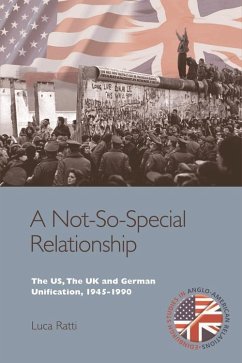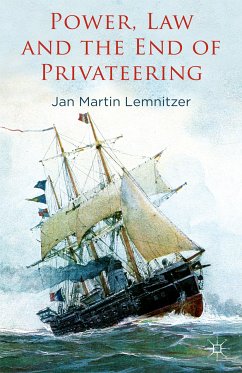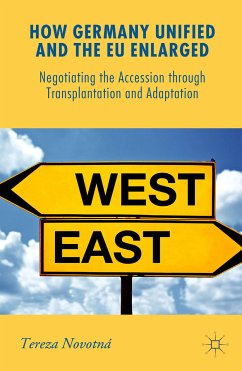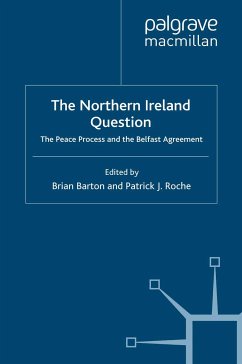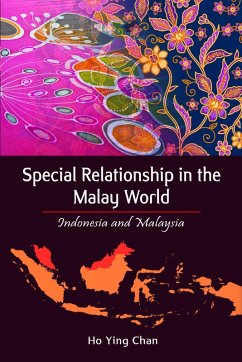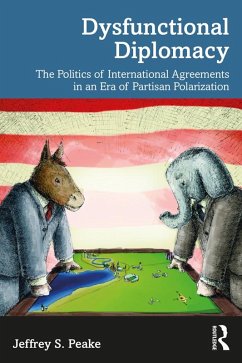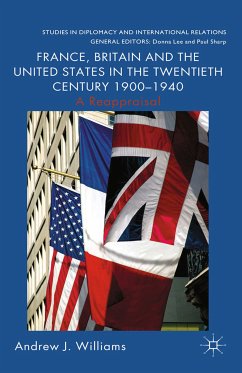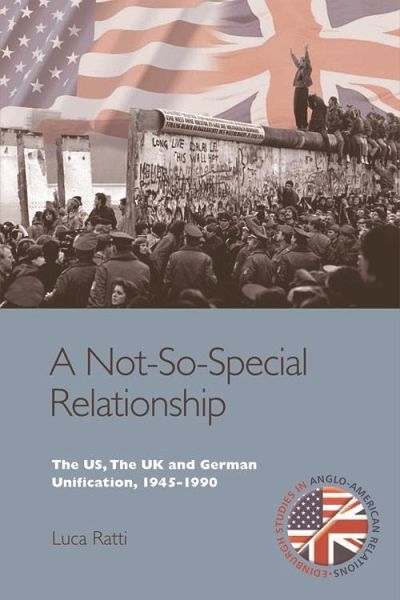
Not-So-Special Relationship (eBook, PDF)
The US, The UK and German Unification, 1945-1990
Versandkostenfrei!
Sofort per Download lieferbar
0,00 €
inkl. MwSt.
Weitere Ausgaben:

PAYBACK Punkte
0 °P sammeln!
Germany's unification in October 1990 was one of the most momentous events in modern European history and world politics since the end of World War II. German unity ended the Cold War in Europe, accelerated the collapse of communist regimes across Eastern Europe, and the disintegration of the USSR in 1991. It also triggered NATO's transformation at the London and Rome summits of the Alliance and deepened Europe's political and economic integration with the signing of the treaty of Maastricht in 1992. This book offers new insights into the role that the Anglo-American 'special relationship' pla...
Germany's unification in October 1990 was one of the most momentous events in modern European history and world politics since the end of World War II. German unity ended the Cold War in Europe, accelerated the collapse of communist regimes across Eastern Europe, and the disintegration of the USSR in 1991. It also triggered NATO's transformation at the London and Rome summits of the Alliance and deepened Europe's political and economic integration with the signing of the treaty of Maastricht in 1992. This book offers new insights into the role that the Anglo-American 'special relationship' played in this process, and examines the impact that Germany's reunification had on Anglo-American and transatlantic relations.
Dieser Download kann aus rechtlichen Gründen nur mit Rechnungsadresse in A, B, BG, CY, CZ, D, DK, EW, E, FIN, F, GR, HR, H, IRL, I, LT, L, LR, M, NL, PL, P, R, S, SLO, SK ausgeliefert werden.




